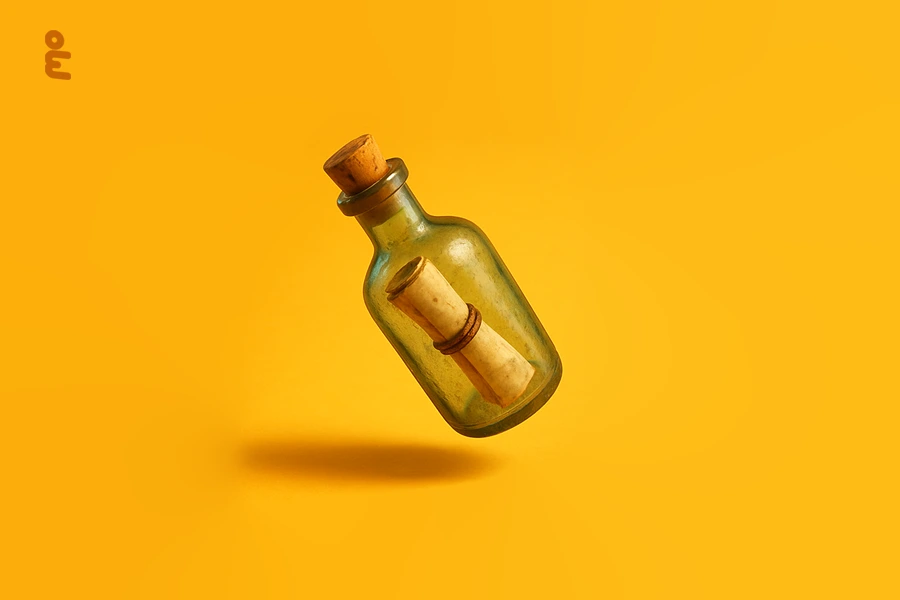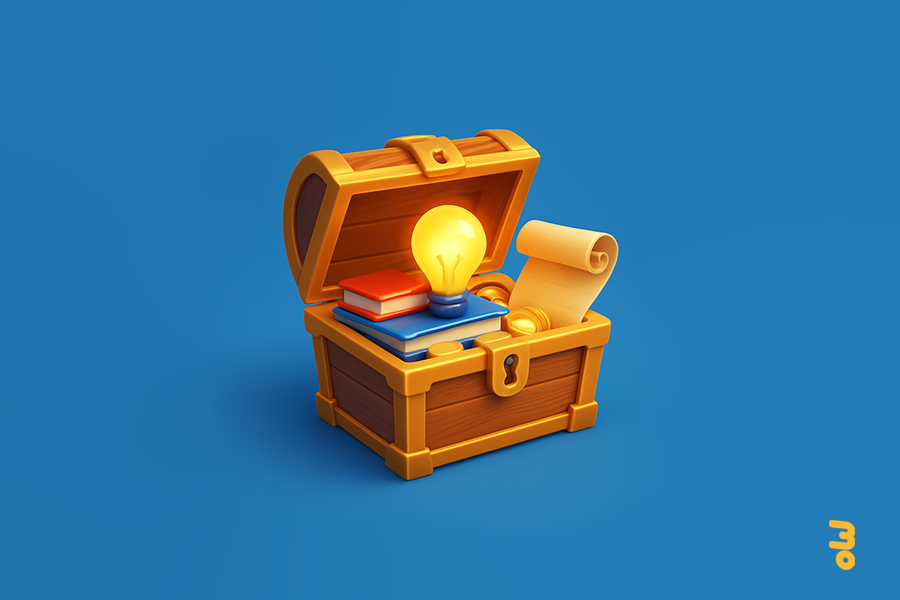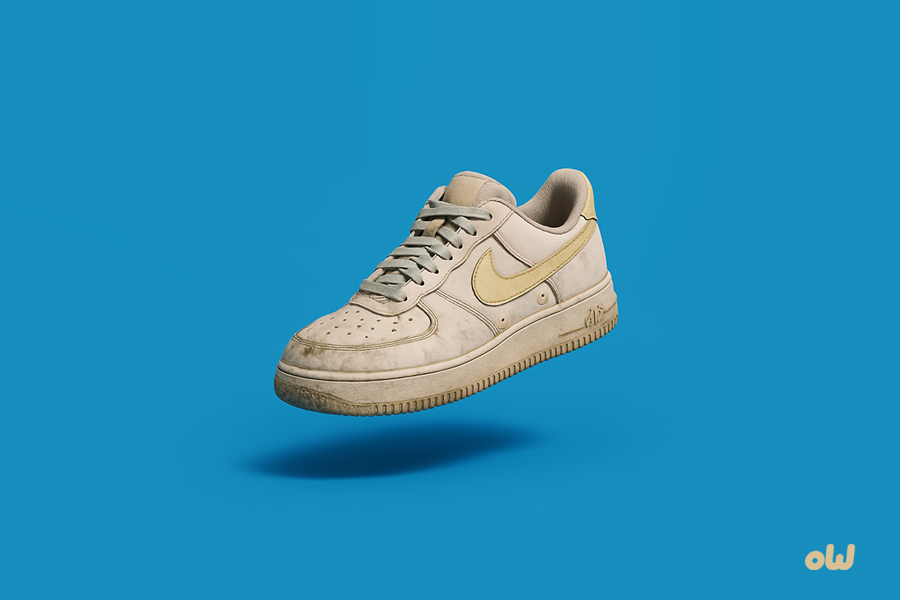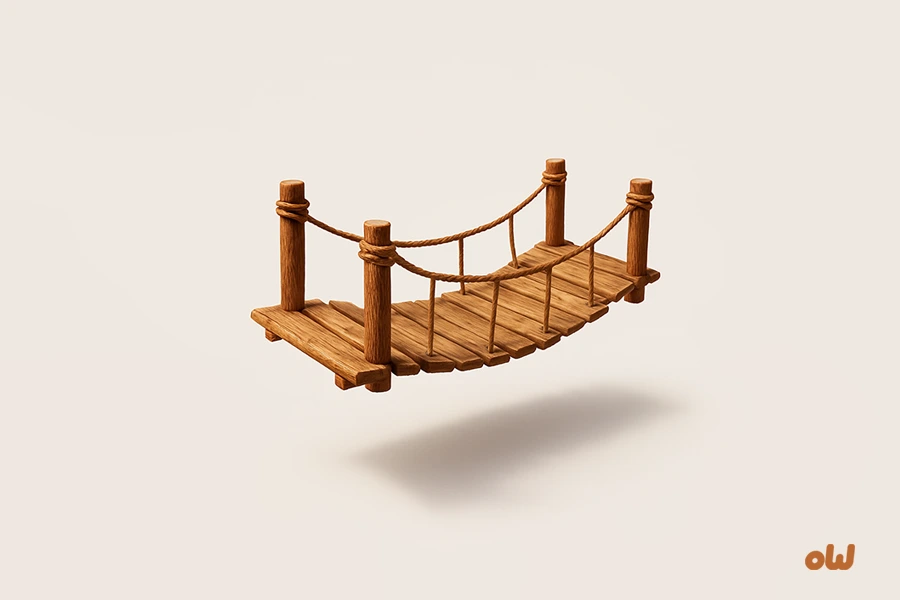Quiz: How Curious Are You?

You know what someone reading about quantum physics at 2 AM has in common with someone taking apart a toaster just to see how it works? They’ve both fallen into the trap of their own curiosity. And if you’re reading this article right now, you’re probably part of that same club. Our quiz will help you figure out how deep you’ve plunged into the world of questions without answers and answers that spawn new questions.
What Drives Our Quest for Knowledge?
Curiosity isn’t just a cute personality trait. It’s an evolutionary mechanism that literally helped us survive as a species. Our ancestors who wondered what was rustling in the bushes had better chances of either finding food or running away from predators in time. Those who experimented with fire and stones created the first tools.
From a neurobiological perspective, curiosity activates the brain’s reward system. When we learn something new, dopamine is released – the same neurotransmitter responsible for pleasure from food or sex. That’s why some people literally get “hooked” on learning, while others can spend hours watching documentaries or reading random internet articles.
The social aspect plays a role too. In today’s world, curious people often become more successful – they adapt faster to changes, find unconventional solutions to problems, and are generally more interesting to be around. Who wouldn’t want to be friends with someone who can hold a conversation about growing orchids, the history of piracy, and how blockchain works?
Why Do You Need This Quiz? Measuring Your Cognitive Potential
Okay, we’re all curious to some degree. But how do you figure out what level you’re at? And more importantly – why does it matter?
The quiz works like a mirror that shows your cognitive habits. It analyzes how you react to new information, what hooks you, and what leaves you indifferent. This isn’t an IQ test or an exam – it’s more like a friendly conversation with yourself about how your thinking works.
Understanding your type of curiosity offers concrete advantages. First, you start to better understand why some tasks come easily to you while others bore you to tears. Second, you can organize your learning and work more effectively. If you know that practical application of knowledge motivates you, why torture yourself with abstract theory?
Another bonus is improved relationships. When you understand your own style of cognition, it’s easier to find common ground with people who think differently. That colleague who asks a million questions in meetings might not be trying to annoy you – they just have a different type of curiosity.
Types of Curious Personalities You Might Discover in Yourself
Each of us is curious in our own way – some spend hours on YouTube studying how jet engines work, while others read every single comment under posts, trying to understand the logic of strangers. The quiz identifies four main types, and you’ll likely recognize yourself in at least one of them.
The Hands-On Explorer
These are people for whom knowing the theory isn’t enough – they need to touch everything with their own hands. They’re the ones who took apart toys as kids and now can’t walk past a new gadget without studying all its functions. Hands-on explorers love DIY projects, kitchen experiments, and basically any activity where they can create or improve something.
Their curiosity is directed toward solving concrete problems. They won’t read an electronics textbook for general development, but they’ll happily study circuits if they’ve decided to build a smart home. These people often become engineers, designers, chefs – anyone who creates something tangible.
The Knowledge Collector
These people are walking encyclopedias. They collect facts like others collect stamps. A knowledge collector can tell you why flamingos are pink, how many moons Jupiter has, and who invented the paper clip. Most of this information will never be useful to them – but that doesn’t matter.
For them, the process of learning new things is an end in itself. They adore trivia, crosswords, documentaries. Wikipedia is a black hole where they can get lost for hours, jumping from article to article. Often, knowledge collectors become the life of the party because they can always share something interesting.
The Philosopher-Analyst
This type isn’t satisfied with simple answers. If you tell a philosopher-analyst that the sky is blue because of light scattering, they’ll ask: “But why does light scatter in the first place? And what is color from the perspective of perception?” They dig deep, look for connections between phenomena, build theories.
Philosopher-analysts often choose science, programming, journalism. They’re the ones writing long social media posts analyzing the latest news, or creating complex Excel spreadsheets to analyze their expenses over the last five years. Their curiosity is directed toward understanding systems and patterns.
The Social Explorer
These people aren’t interested in things or ideas, but in people. They want to understand why their neighbor goes jogging at the same time every morning, what motivates their colleague to work overtime, how relationships work in different cultures. Social explorers are born psychologists, even if they work as accountants.
They love biographies, reality shows (yes, that’s also a form of research!), psychological tests. In conversations, they’re the ones asking personal questions and actually listening to the answers. Often, social explorers become the best managers, HR specialists, writers – anyone for whom understanding human nature is important.
Curiosity vs. Obsession: How Does the Quiz Determine Balance?
There’s a fine line between healthy curiosity and obsession. When interest in the new becomes compulsive behavior, that’s already a problem. The quiz helps determine where you fall on this scale.
Healthy curiosity enriches life. You study new things because it brings pleasure and benefit. You can stop when you need to attend to other matters. Your interests are diverse, and you don’t get stuck on one topic for months.
Obsessive curiosity interferes with living. That’s when you can’t fall asleep until you find the answer to a random question. When you skip important tasks because you got carried away reading articles. When your need to know everything irritates those around you and interferes with normal communication.
The quiz analyzes not only how curious you are, but also how this trait affects your life. If the results show a tendency toward obsession, that’s not a diagnosis, but reason to reflect. Maybe it’s worth learning to let some questions go unanswered? Or setting time limits for your “research sessions” on the internet?
Balance is when curiosity works for you, not against you. When it helps you grow professionally and personally, but doesn’t become a source of stress. When you can enjoy the process of learning without losing touch with reality.
In the end, curiosity is a tool. And like any tool, it only brings benefit when used correctly. The quiz will help you understand how effectively you’re using it and suggest which direction you should adjust your course. Because being curious is great, but being curious with wisdom is even better.
Questions Overview 🧠
- Try every possible combination until it opens
- Research lock-picking techniques online for this specific type
- Check if it belongs to someone important first
- Put it back where you found it
- Immediately ask twenty questions about it
- Make a mental note to thoroughly investigate it later
- Listen politely if it sounds relevant to your interests
- Nod and steer the conversation to familiar topics
- Something bizarre from a place locals warned you about
- A rare book from an antiquarian shop
- A practical item that reminds you of a specific experience
- Photos on your phone are enough
- Find an excuse to visit and casually investigate
- Research all possible roof installations until you identify it
- Ask about it only if you're considering something similar
- Their roof, their business
- Click every button to see what happens
- Read the entire documentation first
- Learn only the features you need
- Use the basics and ignore the rest
- Start tapping walls during lunch break
- Research the building's original blueprints
- Interesting, but you have deadlines to meet
- Probably just a rumor anyway
- The 'Staff Only' doors
- The detailed plaques explaining each exhibit
- The sections related to your personal interests
- The gift shop and café
- Try to identify the language using clues from their conversation
- Discretely use a language identification app
- Mind your own business unless they need help
- Put on your headphones
- Mystery adventure begins!
- Time to analyze the postmark and packaging clues
- Check if anyone you know mentioned sending something
- Probably just something you forgot you ordered
- 47 random Wikipedia rabbit holes from last night
- Systematic research on three specific topics
- Mostly work-related and hobby-specific searches
- The same five websites you always visit
- Order it immediately without asking what it is
- Request a detailed ingredient list and preparation method
- Consider it if it aligns with your dietary preferences
- Stick with your usual order
- Plug it into an old laptop to see what's on it
- Run security scans before carefully examining its contents
- Turn it in to lost and found
- Leave it where it is
- Immediately look when they turn away
- Deduce what's there based on context clues
- Respect their privacy unless it affects you
- Weren't planning to look anyway
- Find an alternate route to peek at what they're building
- Look up the construction permits online
- Make a note if it impacts your regular route
- Take the detour without question






